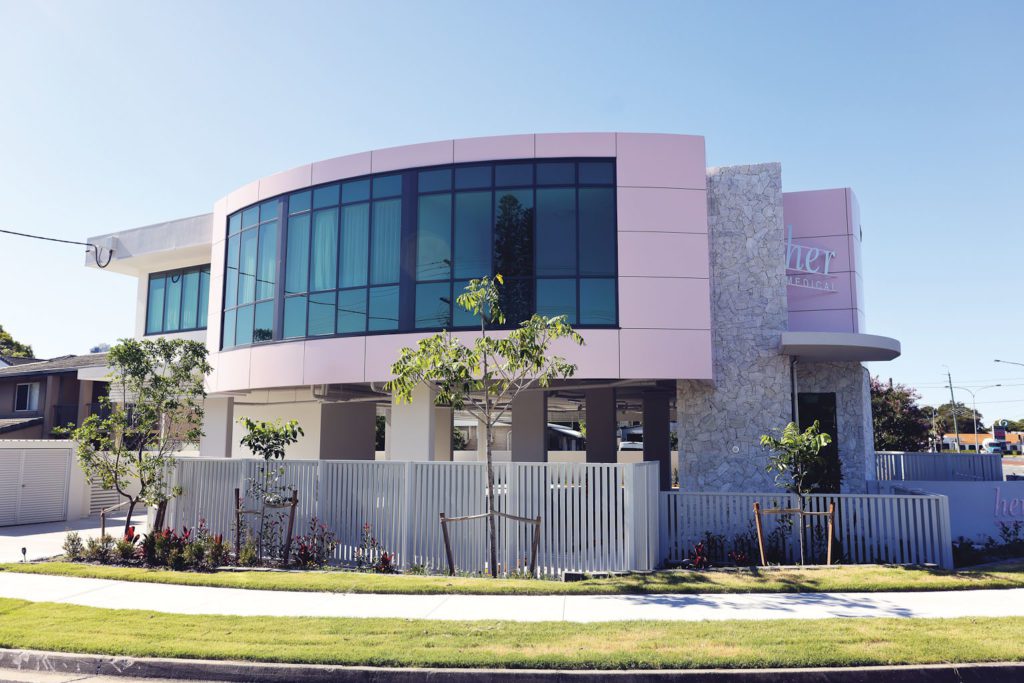HEALTHCARE
Understanding the signs and symptoms of IBS

WORDS: Donna Tanchev, Her Medical principal doctor PHOTOGRAPHY Supplied
Women make up the majority of the one in seven Australians affected by Irritable Bowel Syndrome (IBS).
IN Australia, 10 to 15 per cent of the population (one in seven) have IBS.
IBS is more prevalent in women, with common symptoms including abdominal pain and cramping, abnormal bowel habits (constipation, diarrhea or a mixture of both), bloating, distension, excessive gas, urgency to defecate, nausea and fatigue.
IBS is a chronic condition and symptoms often come and go over time and range from mild to quite severe and debilitating.
Unfortunately, the cause of IBS is still unknown. Risk factors that may predispose someone to IBS include smoking, alcohol consumption, genetics, stress, anxiety and severe infections. Altered gut motility and an imbalance of ‘good’ and ‘bad’ bacteria in the gut may also contribute to IBS.
Interestingly, research has found evidence that IBS and endometriosis are connected. Women with endometriosis are almost twice as likely to develop IBS than women without endometriosis. This link may be due to chronic inflammatory processes and increased presence of inflammatory cells. Given the overlap in symptoms, the risk of misdiagnosis between the two conditions exists.
IBS requires long-term management as treatments will not cure IBS – they simply help relieve the symptoms. Diet and lifestyle changes remain the best tools for achieving long-term relief from symptoms.
The Low FODMAP diet is a mainstay of treatment and improves bowel symptoms in three out of four patients. A gluten-free diet and fibre intake can also help. Reducing saturated fats, caffeine, alcohol and spicy foods can also positively impact gut health.
Monash FODMAP produces a range of resources and the Monash FODMAP App provides access to hundreds of low FODMAP foods and low FODMAP recipes.
Often a combination of prescription medications such as antispasmodics, low dose antidepressants, laxatives and/or anti-diarrheal agents can help manage symptoms.
Pre and probiotics have shown promising results in the management of IBS and other herbal remedies, like peppermint oil, and nutritional supplements can also help.
Yoga, gut-directed CBT and stress management also need to be highlighted.
Speak to your doctor or dietitian for advice about which IBS treatments are right for you.
Visit www.hermedical.com.au or call 07 5616 8070 to book an appointment.










